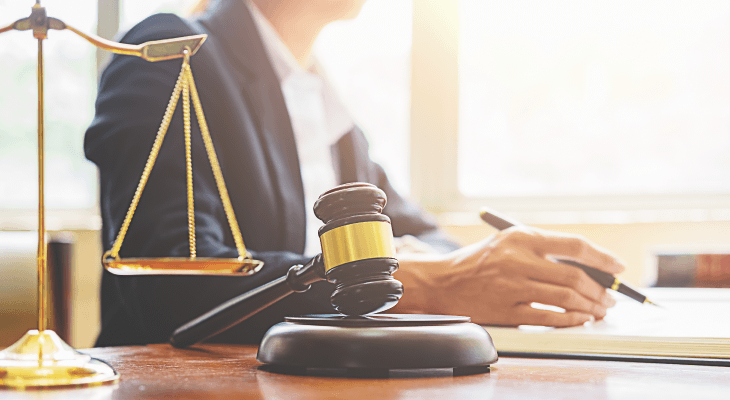Wrongful convictions cast a long and haunting shadow over the justice system, leaving lives shattered and trust eroded. The trial court, envisioned as the crucible for truth, is unfortunately not immune to pitfalls leading to miscarriages of justice.
This exploration delves into the human aspects and systemic flaws contributing to wrongful convictions, exposing vulnerabilities that demand our attention.
The Mirage of Certainty: Eyewitness Misidentification
Amidst the intensity of a crime, eyewitnesses are entrusted with the crucial task of identifying perpetrators. However, the fallibility of human memory introduces a staggering element of error. Innocent individuals may be wrongfully accused simply due to the frailty of recollection, emphasizing the critical need for cautious reliance on eyewitness accounts.
The Dark Confession Room: False Confessions Unveiled
The shockingly prevalent phenomenon of false confessions exposes a disconcerting facet of the legal process. Intense interrogation tactics can coerce innocent individuals into admitting guilt, perpetuating a web of injustice. Recognizing the vulnerability of certain individuals within this high-pressure environment is vital to dismantling the root causes of wrongful convictions.
Forensic Facades: Flaws in the Pursuit of Truth
While forensic evidence often enjoys an unblemished reputation, it is not impervious to error. Flawed analysis or misconduct by forensic experts can distort the truth presented in court. This calls for a critical reevaluation of the perceived infallibility of forensic science to prevent the wrongful conviction of innocent individuals.
The Unequal Battle: Inadequate Legal Representation
In the quest for justice, the importance of effective legal representation cannot be overstated. However, not everyone has the means to enlist the services of top criminal appeal lawyers. The disparity in legal representation quality can lead to misunderstandings, legal missteps, and, ultimately, wrongful convictions for those without the resources to secure competent counsel.
Breaking the Rules: Prosecutorial Misconduct Unveiled
In the pursuit of convictions, some prosecutors may succumb to the unethical path of misconduct. Withholding crucial evidence or manipulating witnesses tarnishes the integrity of the trial process, jeopardizing the freedom of innocent individuals. Addressing this issue is pivotal to restoring faith in the justice system.
The Invisible Hand of Bias: Systemic Inequities
Systemic bias within the criminal justice system perpetuates wrongful convictions. Racial and socio-economic disparities amplify the risk of unfair treatment, with individuals bearing the brunt of ingrained biases. It is imperative to confront and rectify these systemic issues to ensure a more equitable legal process.
A Defense in Distress: Inadequate Defense Investigation
Inadequate defense investigation can be a silent contributor to wrongful convictions. Overlooked evidence or untapped witness accounts might hold the key to exoneration, but a lack of thorough exploration allows these crucial aspects to slip through the cracks. Strengthening the defense’s investigative processes is essential to fortify the walls against unjust verdicts.
Tales from Behind Bars: Jailhouse Informants Unmasked
The reliance on information from jailhouse informants introduces another layer of complexity. In some instances, these informants may provide false testimony in exchange for personal benefits, leading to the conviction of innocent individuals. Evaluating the credibility of such informants becomes imperative to prevent miscarriages of justice.
Final Remarks:
Understanding and rectifying wrongful convictions demand a holistic approach that acknowledges the multifaceted dynamics at play. Top federal appeal lawyers, with their meticulous scrutiny and unwavering dedication, emerge as the torchbearers in the quest for justice. They navigate the complexities of legal intricacies to uncover the truth and rectify miscarriages of justice.
In the tapestry of legal battles, Brownstone Appeal Lawyers stand as beacons of hope. Their commitment to justice and tireless efforts in challenging wrongful convictions exemplify the resilience needed to correct systemic flaws.
As society strives for a more equitable and just legal system, it is crucial to acknowledge the humanity within the legal process and work collectively towards a system that safeguards the innocent.

